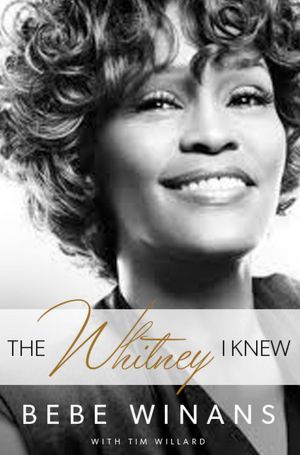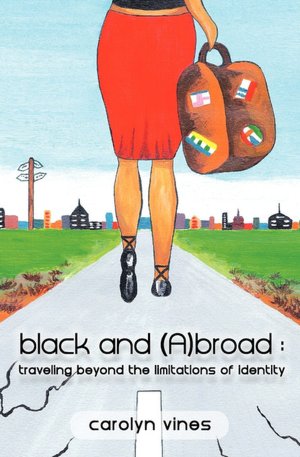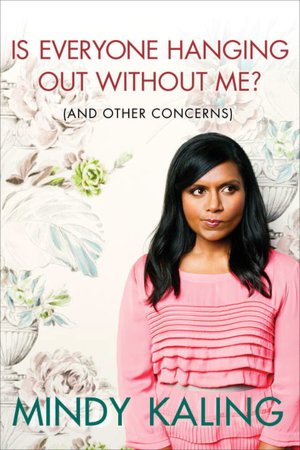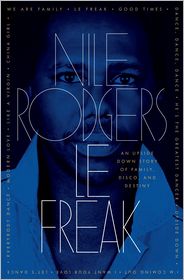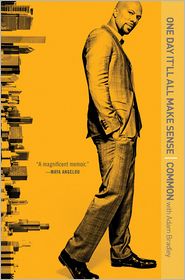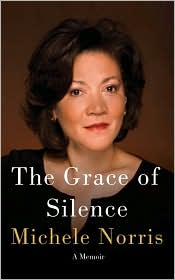The first time I saw Cicely Tyson I was in the second grade and she was on my TV screen playing Binta, the mother of Kunta Kinte. I didn't know who she was, but I knew her hair was like nothing I'd seen on TV - Bantu knots she asked her hairdresser to replicate in homage to women she'd met in previous travels to countries in Africa. There were so many stars in Roots: OJ Simpson (back when we still claimed him), Maya Angelou, Leslie Uggams, Ben Vereen, etc. But Ms. Tyson's portrayal stood out.
Immersing herself in her roles to the point where she wore her characters like a second skin was the norm for her. From the raspy voice she took on in her portrayal of The Autobiography of Miss Jane Pittman, shunning the call for an older actress to provide the voiceover, to her claiming the role of Mrs. Carrie Watts back in 1985 and patiently waiting for it to come to fruition in 2012 with first the Broadway production of The Trip to Bountiful and then the Lifetime TV production, she breathed life into her roles. Her acting is so convincing as Jane Pittman that arguments arise on social media at least once a year as to whether or not Ms. Pittman was a real person. (She was not.)
Who was Ms. Tyson when she wasn't acting? She was a daughter, a sister, a wife, a friend and a mother - the last role being one she says has been rewarding, but also a journey requiring continuous work. Twice married, she readily admits that while she didn't love her first husband, Miles Davis was the love of her life. Growing up in East St. Louis, I still remember when Longfellow Elementary School was renamed for Miles Davis and he and Ms. Tyson came to town for the ceremony. Much has been written about the volatility of their relationship. You'll have to read the book to understand their love story, which started over 20 years before they ever married.
Toward the end of the book, Ms. Tyson says "... I'm still here because God hasn't finished with me. And when I've completed my job, he'll take me." Imagine not starting your acting career until you're 30 and continuing to act until your last days. While the rest of us contemplate retirement at 65, Ms. Tyson simply was not having it! Having inspired generations through her roles, through her life story, through her friendship, through her generous spirit and wanting to do even more, I have to believe God looked down on her one last time and said, well done, good and faithful servant.


















